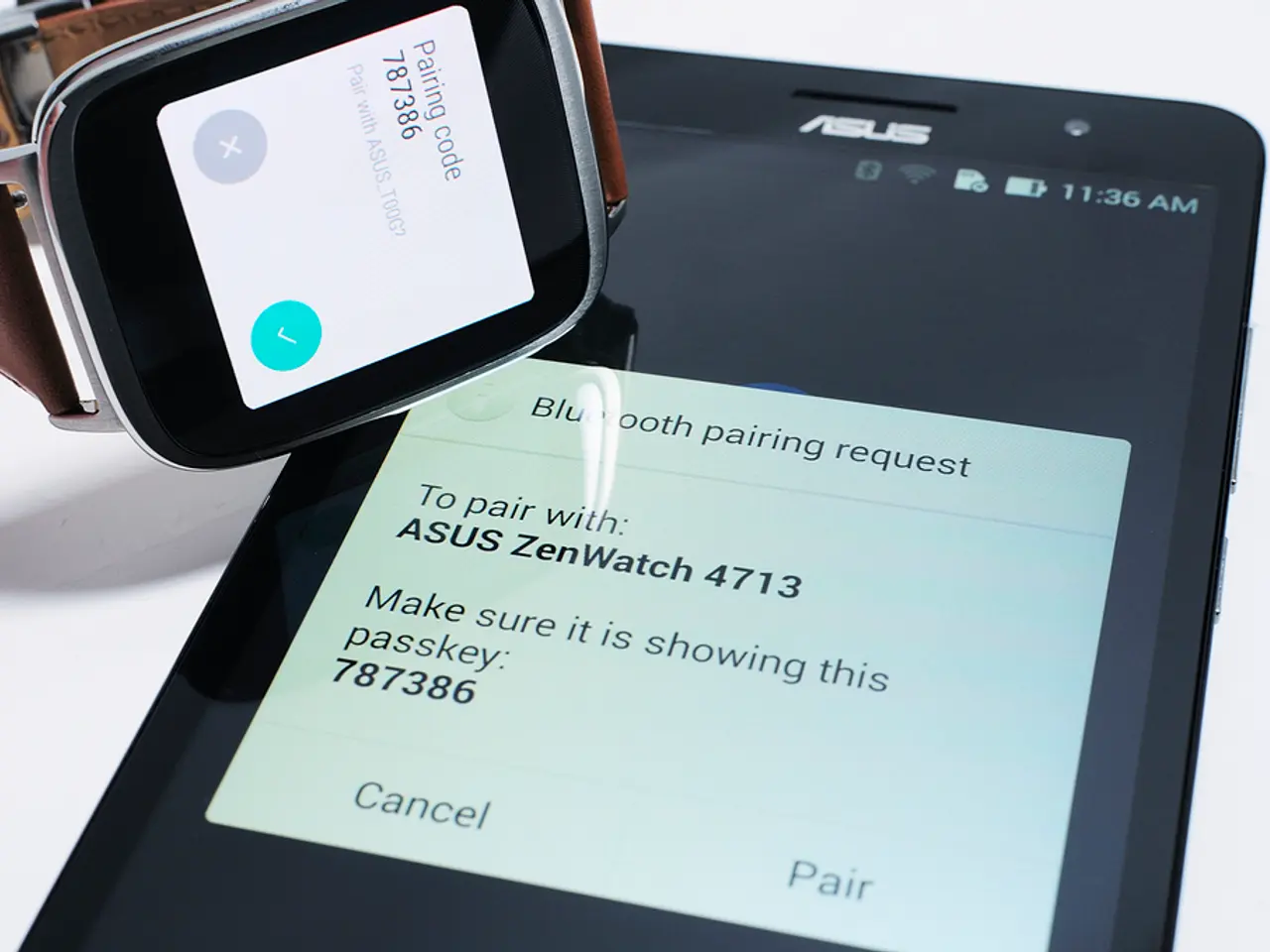Exploration of advanced heart health monitoring with Apple Watch by researchers
In a series of groundbreaking health research initiatives, the apple watch is being utilised to monitor various health conditions, from heart health to the impact of wildfire smoke on cardiac health in firefighters.
Dr. Sebastiaan Blok and his colleagues at the Amsterdam University Medical Centers are exploring ways to detect Atrial Fibrillation (AFib) earlier using apple watch. They aim to identify predictive biomarkers for exacerbations in heart failure patients using data collected from the apple watch.
Meanwhile, Dr. Jenna Voss at the University of Pennsylvania is conducting research using the apple watch to monitor heart health in children and adolescents. Dr. Rachel Conyers and Dr. Claudia Toro, senior pediatric oncologists from Melbourne, Australia, are researching the impact of cancer treatment on heart rhythm at the Murdoch Children's Research Institute. Both teams will be studying the sensitivity of the apple watch ECG app in their respective research.
The study in the Netherlands plans to enroll over 300 patients aged 65 and older who meet a risk threshold for AFib. In contrast, up to 200 firefighters in Texas and California will join the study, with monitoring of heart rate and rhythm, sleep, blood oxygen, activity data, and more. Firefighters will also wear an air quality monitor and complete surveys related to sleep, activity, and wildfire smoke-related symptoms.
Dr. So-Min Cheong, an associate professor, is studying the personal impact of wildfire smoke on cardiac health in firefighters using apple watch. She, along with Drs. Brian Kim and Marco Perez, will begin equipping firefighters with apple watch to study this impact.
Apple has launched the Investigator Support Program to provide researchers with apple watch devices for health research, including the scientific understanding of the heart. Half of the participants will wear apple watch for at least 12 hours per day. Participants are expected to take an ECG once every three weeks, or if they begin feeling symptoms. If a participant receives an irregular rhythm notification, the researchers will connect with them and instruct them to take an ECG and share the results.
Within three weeks of the study, researchers were able to identify a participant with AFib in the intervention group who wasn't experiencing any symptoms. The researchers hope to understand how they could potentially integrate apple watch into the larger health system.
Dr. Blok mentions that they are continuing to grow and innovate with new opportunities based on science and technology. The potential applications of the apple watch in health research are vast, and it seems that this is just the beginning of a new era in health monitoring.
Read also:
- Inadequate supply of accessible housing overlooks London's disabled community
- Strange discovery in EU: Rabbits found with unusual appendages resembling tentacles on their heads
- Duration of a Travelling Blood Clot: Time Scale Explained
- Fainting versus Seizures: Overlaps, Distinctions, and Proper Responses






